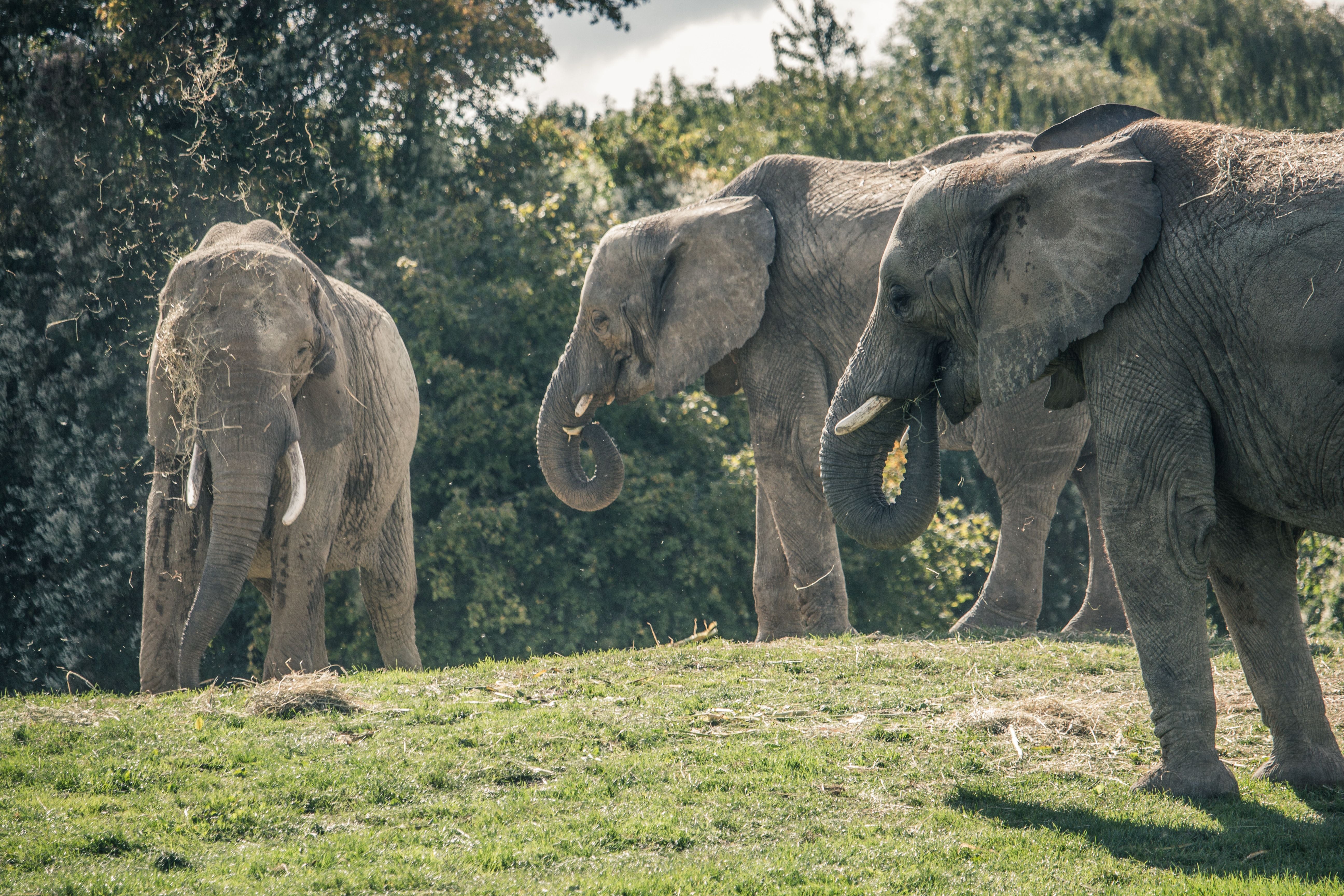Elephants born and raised in Kent to be rewilded to Kenya in world first
‘No elephants belong in captivity’, charity behind rewilding effort says

Your support helps us to tell the story
From reproductive rights to climate change to Big Tech, The Independent is on the ground when the story is developing. Whether it's investigating the financials of Elon Musk's pro-Trump PAC or producing our latest documentary, 'The A Word', which shines a light on the American women fighting for reproductive rights, we know how important it is to parse out the facts from the messaging.
At such a critical moment in US history, we need reporters on the ground. Your donation allows us to keep sending journalists to speak to both sides of the story.
The Independent is trusted by Americans across the entire political spectrum. And unlike many other quality news outlets, we choose not to lock Americans out of our reporting and analysis with paywalls. We believe quality journalism should be available to everyone, paid for by those who can afford it.
Your support makes all the difference.A herd of elephants living in Kent are to be part of a world-first rewilding project in which they are reintroduced to the wild in Kenya.
All but one of the 13 elephants were born and raised in Kent, and will be transported by plane over 7,000 miles from Howletts Wild Animal Park, near Canterbury, to a site in southern Kenya.
Conservation charity, the Aspinall Foundation, which runs the park in Kent, will work with The Sheldrick Wildlife Trust and the Kenya Wildlife Service to rewild the entire breeding herd of elephants which includes three calves.
The elephants currently live in an eight-acre enclosure and the herd is made up of two interrelated families, but the charity’s intention is to rewild them as one larger herd.
Though the Howletts’ herd is among the most successful breeding groups of elephants in Europe, and are receiving high levels of care, the charity said it “believes that these animals belong in the wild, and that no elephants belong in captivity”.
Two different sites, both in the south of Kenya, are currently under consideration, and both will provide natural conditions for the elephants.
The foundation said there will be some new risks the elephants did not face in captivity – such as poaching – but the organisations are highly experienced, and will work alongside anti-poaching teams to ensure the animals’ long term survival.

Damian Aspinall, chairman of The Aspinall Foundation, said: “This is an incredibly exciting project and a genuine world-first. As with any conservation project of this magnitude, there are obviously big risks, but we consider them well worth it to get these magnificent elephants back into the wild where they belong.
“If this is successful, I would love to see elephants held in captivity all over the world being rewilded too.”
Angela Sheldrick, chief executive of The Sheldrick Wildlife Trust, said: “Since the 1970s, we have been helping elephants, providing a wild future to more than 260 rescued orphans and operating extensive protection projects to ensure they, their wildborn babies and their wild kin are best protected throughout their lives.
“We look forward to offering that same opportunity to these 13 elephants when they set foot on African soil - home, where they belong, and able to live wild and free as nature intended.”
Carrie Johnson, wife of prime minister Boris Johnson, is the head of communications for the Aspinall Foundation.
In a joint piece in The Sun, Ms Johnson and Mr Aspinall wrote: “This is the first time a breeding herd of elephants has ever been rewilded.
“In time, their descendants will number in the hundreds - and then the thousands - and form part of the incomparable ecosystem that helps drive the Kenyan tourist economy.
“It will be a ground-breaking step for this country and for the conservation movement.”
Join our commenting forum
Join thought-provoking conversations, follow other Independent readers and see their replies
Comments